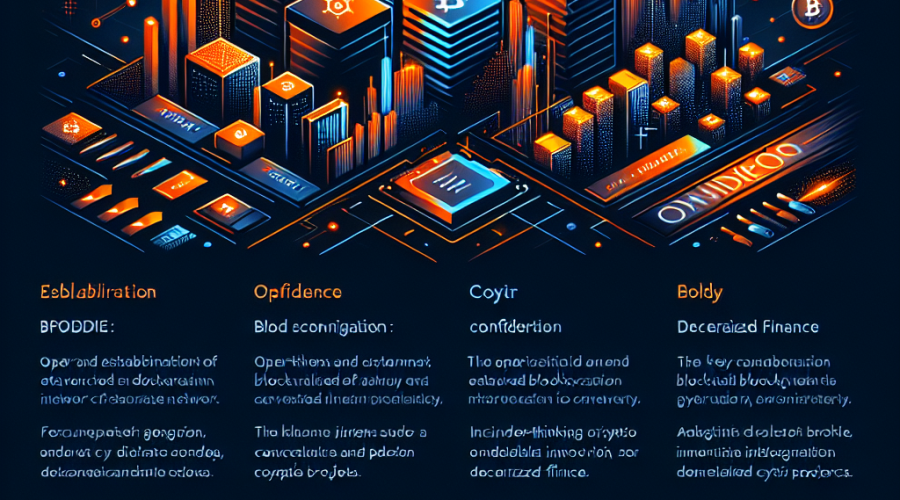Uber Broadens Its AI Business, Enters Data Labeling Market
In the midst of evolving technology dynamics and the increasing value of Artificial Intelligence (AI) models, Uber, the ride-hailing giant, is broadening the scope of its operations by moving into the data labeling market. It is strategic timing, considering it comes in the wake of Meta’s high-profile acquisition of 49% of Scale AI, which led to concerns among Scale’s other partners, including tech giants OpenAI and Google.
Megha Yethadka, an executive at Uber, recently divulged in an interview that the company is poised to enhance its AI sector by offering extensive data sets and tools to entities looking to build AI models in-house. To facilitate this, Uber intends to license its data labeling platform to customers, paving the way for them to create AI agents effectively.
Uber’s Focus on Flexible On-demand Work
Uber has always had its concentration fixated on providing platforms conducive for flexible on-demand work since its inception. As per Yethadka, this philosophy extends well into its new business approach of fulfilling digital tasks.
In line with this strategy, Uber launched its data labeling platform last year. It was also reported then that Uber had begun providing coders for hire to aid AI projects. On Friday, Uber AI declared that it is branching out its AI data platform, which delivers tailor-made data solutions to help clients build smarter AI models.
Data Labeling and Its Importance
In essence, data labeling is a process of assigning tags or annotations to raw data sets like images, text, or audio. This process aids Machine Learning and AI models in interpreting data better, thereby enhancing their overall performance. It is projected that the data labeling market could soar beyond $17 billion by 2030, given the increasing reliance on data-driven decisions in various industries.
Uber’s Expansion and Meta’s Investment in Scale AI
Uber’s incursion into the data labeling market coincides with Meta’s massive $14.8 billion investment in Scale. While this deal fortified Mark Zuckerberg’s bid to lead in the AI race, it purportedly disrupted some of Scale’s existing relationships. One of these included OpenAI, the maker of ChatGPT, which has been restructuring its use of Scale’s data services post-Meta’s acquisition.
Competing in the AI Race
The feverish race to dominate the potentially transformative AI industry is ongoing, with many ‘Big Tech’ companies actively investing in AI infrastructure and applications. As AI pioneers, such as Ben Goertzel, assert that the advent of artificial general intelligence is imminent, within a few years, this race is anticipated to gain further momentum. As reported, America’s major tech companies are expected to spend in excess of $300 billion on AI this year alone. As they plow billions of dollars into AI technology, the goal is not just to keep up with competitors, but to anticipate the industry’s forthcoming disruption by creating tech that’s capable of reasoning, understanding and learning.
The steps Uber, a pioneer in the ride-sharing domain, has taken to diversify into the AI segment reflect the company’s aim to keep abreast with the norms of this AI-driven world. By capitalizing on its mammoth repository of data and vast AI infrastructure, Uber is positioning itself at a vantage point in the race to lead the AI industry.


















